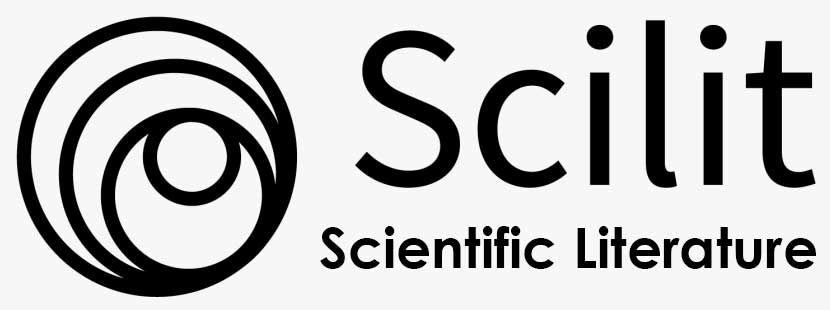Preserving the Environment and Alleviating Poverty Through Household Waste Management
DOI:
https://doi.org/10.21776/ub.ijleg.2015.001.02.3Abstract
The household waste disposal problem eventuated from poverty wherein people overly exploited their natural environment, and those who suffered the greatest impacts of from it were always women. Therefore, this research was carried out in order to introduce a way to improve healthy living within households whilst also improving household income by implementing household waste management. The research was carried out from May to October 2010 using an action research method with an in-depth interview stage, and documentation study. Household waste management was implemented using the takakura method and the entrenchment method. The results show that, in Probolinggo, only 4 baskets of takakurasuccessfully produced organic compost, while this methodfailed completely in Malang and Tulungagung. In Probolinggo, a local public figure’s role is very vital in determining the technological adoption of takakura and entrenchment. It was established that this was because the research participants in Malang and Tulungagung were not patient enough in looking after the takakura baskets. The entrenchment method was 100% successful in Probolinggo, and the organic compost, as the outcome of the entrenchment method, has been applied to their cornfields. In Malang the entrenchment method failedbecause it was difficult to find the household waste and the respondents were not enthusiactic nor motivated enough to participate in the program. The urban society having an increased public economic activity results in the household difficulty in adopting a new method of dsiposing waste. Tulungagung is a small city having same countryside areas with a dense agricultural activity and adequately available waste disposal area which results in insufficient time for households to change their way of disposing waste.Thus, future programs need awareness and commitment from the citizens to reduce the solid waste pollution of their environment, and there is a clear need to have an environmental cadre who works hard, has high empathy and care to the environment, and communicates well with the citizens; so that the natural resources can be preserved and the poverty within the households can be alleviate.
Keywords: household waste management, environment, poverty
Â



















